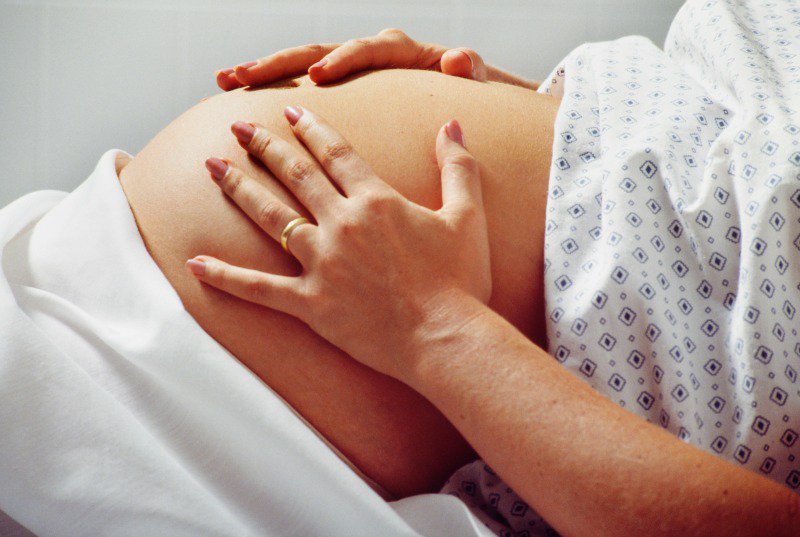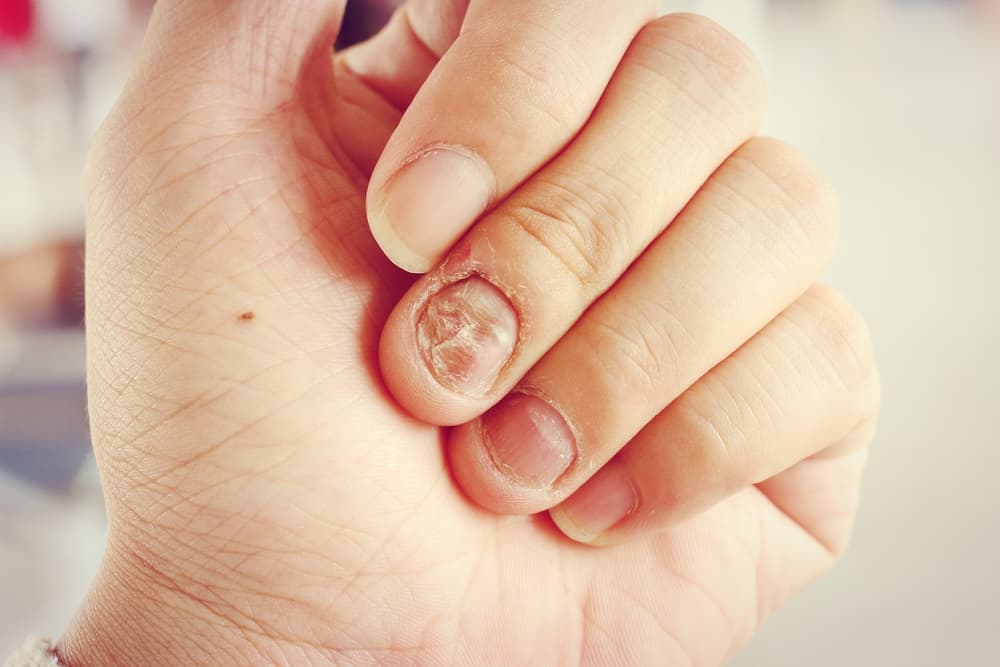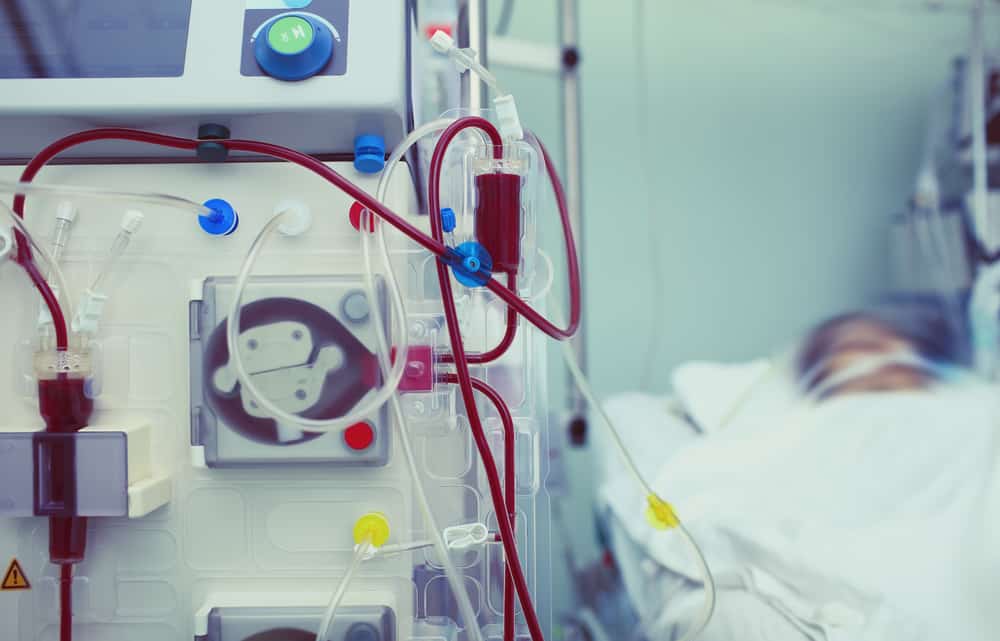Contents:
- Medical Video: 10 Shocking Things that Happen to Your Body after Giving Birth
- 1. The plan for labor changes suddenly
- 2. Nausea and vomiting
- 3. Defecate
- 4. urinate
- 5. Dispose of the wind
- 6. The placenta must be taken
- 7. Vaginal wound or tear
- 8. Blood clots
Medical Video: 10 Shocking Things that Happen to Your Body after Giving Birth
Image: Medportal
For prospective parents, the birth process can be a thrilling moment, full of happiness, fear, and nervousness. Especially for parents who look forward to the birth of the first child and have no experience with previous deliveries. The child birth process is full of surprises and secrets that are not widely known. Indeed, not many know about the details and what might happen in the delivery room when the prospective mother is struggling to give birth to her baby.
What are the things that are common and which pose certain risks? To find out more, consider carefully the various possibilities when giving birth the following.
1. The plan for labor changes suddenly
Pregnant women usually make a delivery plan to be better prepared to face the process when the anticipated day arrives. The birth plan itself usually contains all the information about where the prospective mother will give birth, who will accompany the prospective mother in the delivery room, the method of delivery chosen, what medical actions are approved, and what drug or anesthesia will be used.
However, no matter how comprehensive the planned delivery has been, it still does not rule out the possibility that at the time of delivery there may be unpredictable factors so that the plan changes. For example, you should immediately undergo an emergency caesarean section even though you have planned a normal birth. If something like that happens, try to stay calm and listen carefully to the medical opinions of the doctor and health personnel who accompanied you at that time. Changes to this plan often occur so you do not need to panic as long as the situation can still be controlled.
2. Nausea and vomiting
When giving birth, vomiting is a natural thing that happens. Whether you use an epidural or not, sometimes the pain you have to endure can make you nauseous until you vomit. Another reason is that food that is not successfully digested makes your stomach feel full. So you should avoid eating foods that are too heavy or difficult to digest before labor begins. In some women, the use of drugs such as epidurals also has the potential to cause nausea and vomiting because your blood pressure suddenly decreases.
3. Defecate
Don't be afraid if you accidentally defecate during labor. This is very common and often occurs so that nurses and obstetricians are used to it. The medical personnel who accompany you at that time will clean it and continue the labor process as usual. Because the muscles that contract to push out your baby are the same muscles that are used when you defecate. This can occur several times before your baby's head begins to appear at the opening of the vagina.
4. urinate
Usually epidural anesthesia causes numbness or a sensation of weakness in the pelvic muscles so that you cannot feel let alone hold back urine. No need to worry or shame because this is a possibility during childbirth which is very common. The medical officer will help you or attach the catheter.
5. Dispose of the wind
Just like the side effects of urination that occur in epidural anesthesia users, accidental flushing may also occur. You cannot completely control various muscles under the hips, so you don't need to feel embarrassed. It's better to concentrate on the birth and safety of your baby.
6. The placenta must be taken
Usually the placenta that is "home" to your baby in the womb will come out by itself approximately 5 to 20 minutes after your baby is born. However, sometimes the maternal placenta is not completely intact and is still left in the uterus. If it happens, medical personnel who accompany you will immediately take and clean the remnants of the placenta from your uterus.
7. Vaginal wound or tear
For women who are giving birth normally, there is a possibility that your vagina will be injured, blister or torn. This generally occurs in those who have undergone normal labor for the first time and whose process is very fast. The cause of the wound or tear is the vagina does not stretch large enough for the baby's head and body to pass through. Usually vaginal wounds during childbirth are not so severe that sometimes they don't feel and don't need any stitches. However, if the tears are very deep to injure the muscles and surrounding tissue, you will need stitches.
8. Blood clots
Bleeding that occurs after childbirth (postpartum blood) is a natural thing and there is no need to worry. This occurs in mothers who give birth normally or by caesarean section. However, bleeding that occurs in some people is followed by blood clots. As long as the blood clots that come out aren't too big or accompanied by headaches, dizziness, and heavy bleeding, you don't need to worry. This thick blood clot which is somewhat similar to menstrual blood is usually red or purple and is the body's natural process to remove remnants of placental tissue, mucus, and blood that is no longer needed after labor is finished. The possibility of giving birth is also known medically by the term lokia.
READ ALSO:
- Is Normal Perineal Pain After Childbirth?
- What Happens When Normal Childbirth?
- Caring for Seams and Bruises after Childbirth












